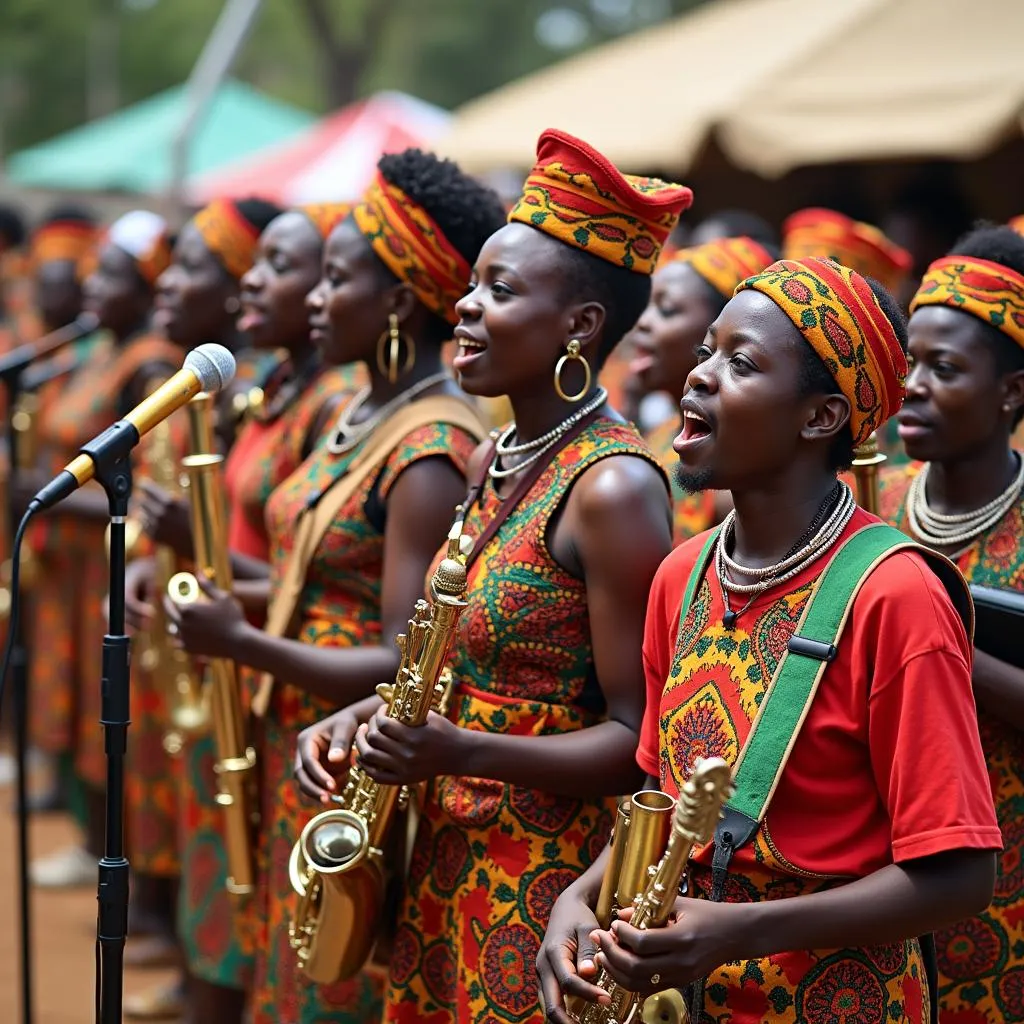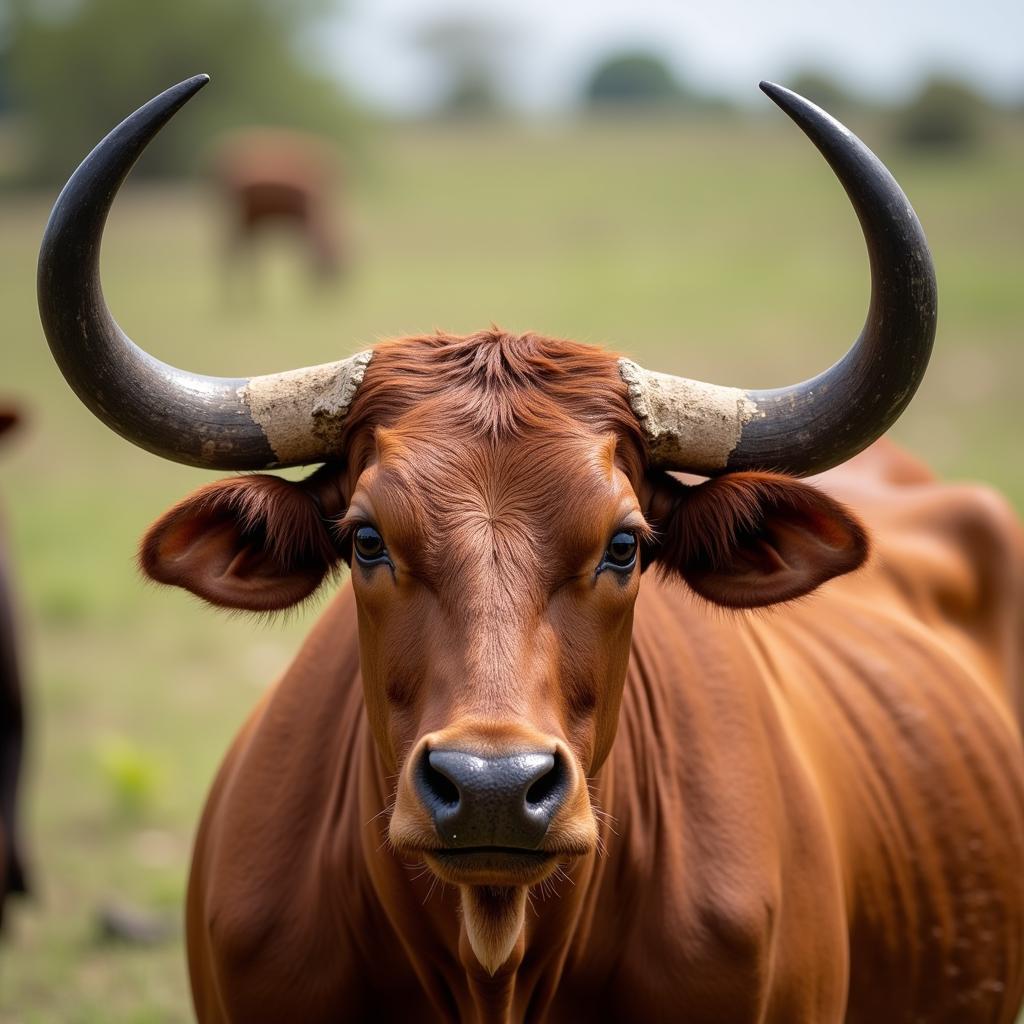African Countries Without Democracy: A Complex Reality
The landscape of governance in Africa is as diverse as the continent itself. While progress towards democratic ideals has been witnessed in many nations, certain African countries still grapple with the complexities of establishing and maintaining democratic systems. This exploration delves into the multifaceted reality of “African Countries Without Democracy”, examining the factors at play and the implications for their people.
Defining Democracy in the African Context
Before delving into specific countries, it is crucial to acknowledge that the concept of democracy is not monolithic. While Western models often serve as a framework, African nations have diverse historical, cultural, and social contexts that shape their understanding and implementation of democratic principles.
Factors such as traditional leadership structures, colonial legacies, and socioeconomic disparities influence the trajectory of democratic development. Therefore, assessing the presence or absence of democracy requires a nuanced lens that considers local realities.
Common Challenges to Democratic Governance
A multitude of challenges contribute to the difficulties faced by some African countries in establishing and consolidating democratic governance. These include:
- Poverty and Inequality: Widespread poverty creates fertile ground for instability and undermines democratic institutions.
- Ethnic Tensions and Conflicts: Many African nations are composed of diverse ethnic groups, and historical grievances can fuel conflicts that hinder democratic processes.
- Corruption and Lack of Transparency: Corruption erodes public trust in government and impedes economic and social development, creating obstacles for democratic consolidation.
- Weak Institutions and Rule of Law: Fragile institutions and a lack of respect for the rule of law create an environment where democratic principles are difficult to uphold.
- External Influence and Interference: Historical and ongoing external influence, be it political, economic, or military, can impact the democratic trajectory of African nations.
Case Studies: Navigating the Complexities
While naming specific countries without democracy risks oversimplification, it’s important to acknowledge that certain nations exhibit authoritarian tendencies and consistently rank low on democracy indices. These cases often involve a combination of the challenges mentioned above, exacerbated by specific historical and political circumstances.
“It’s not about labeling countries but understanding the intricate web of factors hindering democratic progress. Often, it’s a struggle against deeply entrenched systems of power and control.” – Dr. Abena Oduro, Professor of African Studies
The Path Forward: Fostering Democratic Values
Despite the challenges, the pursuit of democratic ideals remains strong across Africa. Civil society organizations, pro-democracy movements, and individuals continue to advocate for greater transparency, accountability, and respect for human rights.
 Young Africans participating in a workshop focused on civic engagement and leadership
Young Africans participating in a workshop focused on civic engagement and leadership
International partnerships can play a supportive role, but ultimately, sustainable democratic progress must be driven by African nations themselves. Empowering citizens, promoting good governance, and addressing the root causes of instability are crucial steps towards a more democratic future for all Africans.



